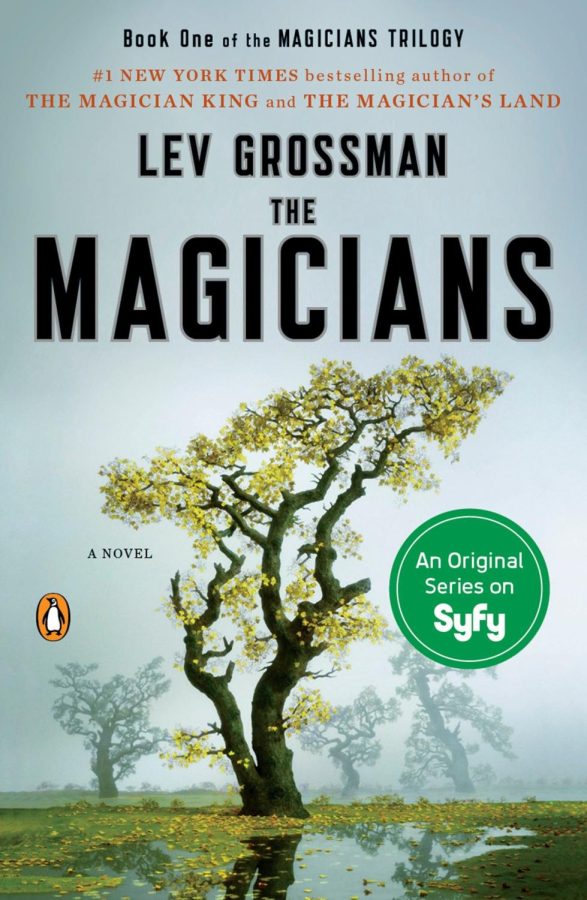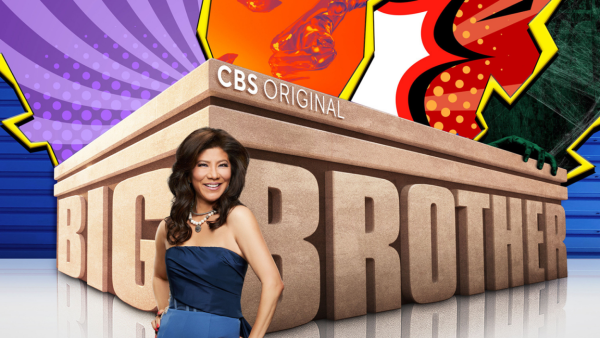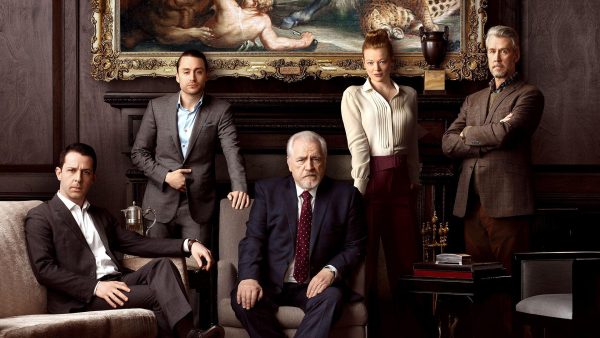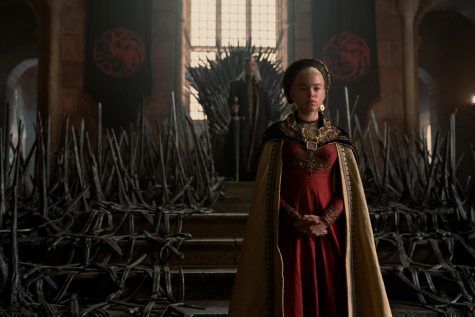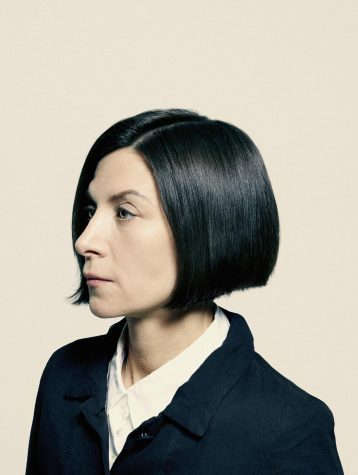Why I Love The Magicians Trilogy
Spoilers
“Quentin did a magic trick. Nobody noticed.”
These seven simple words are what opens Lev Grossman’s cult classic The Magicians Trilogy.
A collection of adult fantasy novels that follow the “brilliant but miserable” Quentin Coldwater and his friends as they study the magical arts and eventually travel to the world of Fillory, which was once the setting of a fictional series of children’s books from Quentin’s childhood.
Book one, The Magicians, has Quentin and his friends learn about magic and graduate from Brakebills College for Magical Pedagogy, and slowly learn about the reality of Fillory.
Book two, The Magician King, reveals to the reader that years after the first book, Quentin, Julia, Janet, and Eliot have become the four destined kings and queens of Fillory, and show their boredom and unwillingness of having to responsibly govern an entire kingdom.
The final book, The Magician’s Land, follows up with Quentin in his thirties being a professor at Brakebills after being forced into exile by the ram gods of Fillory and reuniting with his friends to save the magical world from those same gods.
I’ve recently tried to get a friend to read the first book The Magicians and she was hesitant to jump into the fantasy series, which is understandable.
From my description, you’re most likely concluding that The Magicians Trilogy would be a lighthearted, silly series. But this isn’t the case.
Grossman uses these typical fantasy tropes of a magic school and a secret hidden world and our childhood desire for adventure to lure us into a deeply personal story filled with dark humor, horror, and shows us what happens to a person when they fail to grow and mature.
The books are fantastical tales with real-world consequences.
This is why I love the series so much. It’s so clever and filled with mature life lessons that I have taken in my own life. Two of my favorite aspects of the trilogy are the large cast of diverse and thought-provoking characters and the unique hilarious writing style Grossman uses to tell his creative, cynical epic.
As I started before, the trilogy has numerous characters. Each is great in its own way. However, my personal favorite has to be Quentin.
During most of the series, Quentin is not a likable character whatsoever.
He cheats on his girlfriend, he’s rude to his friends, he looks down on his normal nonmagical family, is unaware of his privileges, and has an unearned superiority complex.
He does many petty and cruel things to the people around him. And if this was written by any other fantasy author, you’d expect nothing to come from this awful character.
But Grossman isn’t like other fantasy writers.
By the end of the second book, his karma comes back to haunt him. All of his friends call him out on his behavior and abandon him. His childhood friend Julia comes back into his life and forces him to confront how his selfishness and pettiness have affected her and her journey into becoming a magician without learning magic at Brakebills. And he is eventually sent into exile by his own kingdom.
What makes Quentin such a great character is the fact that he’s meant to be an unlikeable and immature person.
With this unlikability as the foundation for his character arc, you see him mature and leave his childhood dreams behind. Quentin’s overall story arc that runs through the entire trilogy is so well done to the point where you actually start to feel bad for him and forgive him for his many mistakes.
And when he does eventually grow and become better, you start to be proud of the stable person he’s become.
And this is all thanks to Grossman’s brilliant writing. Lev Grossman has one of the most unique voices as a writer that I have ever seen. It’s as if he’s having a normal conversation with a close friend, and we’re just eavesdropping on their conversation.
Sometimes it’s deep and meaningful, but other times it’s composed of outdated pop culture references, dark humor, and inside jokes that would have to take several rereads to understand fully.
And he sticks the landing every time. It fully works. You fully buy into this type of storytelling because it’s what makes The Magicians Trilogy what it is.
Without this writing style, the theme and tone of the story will genuinely be lost.
One example that I’ve found of Grossman’s humorous and secretly genius writing can be found early on in the book on page 78. The second book mainly follows Julia, a character we only got to see three times in the original book. In this section, we get to see how Quentin’s friends secretly see him.
“She’d always liked Quentin, basically.” Grossman writes. “He was sarcastic and spookily smart and, on some level, a kind person who just needed a ton of therapy and maybe some mood-altering drugs. She felt bad about the fact that he was in love with her and that she found him deeply unsexy. That moody boy-man Fillory shit cut like zero ice with her.”
I actually laughed out loud when I first read this. This is just one example of how Grossman’s creative and rare writing style helps elevate the story and bring his readers deeper into the world.
The Magicians Trilogy will forever hold a special place in my heart.
I discovered it in my freshman year of high school and continue to revisit the world and the characters every year or so. Everything about it is brilliant.
If you’re looking for a book that deals with serious topics while also having one of the characters being a giant talking sheep, then these books are for you.

Maleek Munroe is a senior at Mercy College, majoring in communications. He graduated Nyack High School, where he found his love and passion for both...



